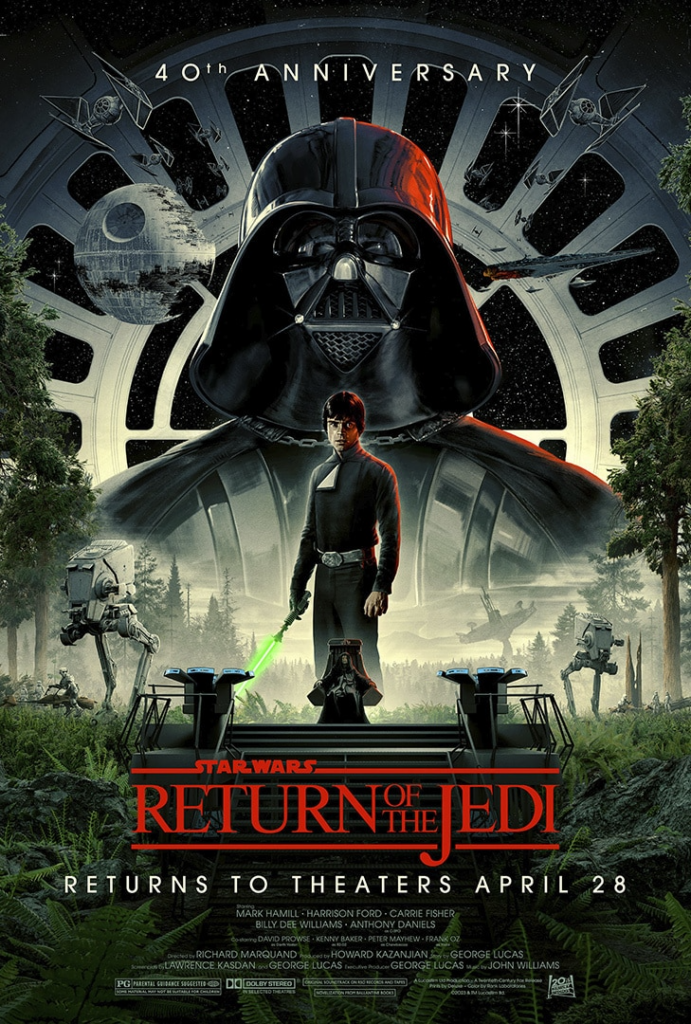Travel is one of the most missed activities during the pandemic, and the lowering Covid positivity rate is certainly giving us hope to resume international travel – soon, not quite yet! For now, we can continue to quench our thirst with videos and travel guides, I suppose. And, if you haven’t, what about reading a few popular novels from the countries that you want to visit? I know, you may question how much fiction will actually tell us about the real world, but I would say fiction is arguably one of the best channels to immerse ourselves into a different culture. A well-researched novel can tell us the most intricate nuances of another culture: their people, their life, their ideologies, their desires, and their dreams – the hidden world that we can’t easily access when we do a two-week or three-week travel.
I will start with East Asia in this post. There are so many great books from this part of the world, and I wish I could include more titles, but let’s start with three that I know.
China
The Three-body Problem by Cixin Liu
The three-body problem is unsolvable, “as the motion of the bodies quickly becomes chaotic” (Britannica). In this first installment of a trilogy, the Hugo Award winning author asks the most classic and unanswerable question in hard sci-fi: “What would it mean for the human race to come in contact with an extraterrestrial intelligence?”
Because of the elaborate world building, the novel is a bit slow to start, but once it gets up and running, the thrilling suspense grips readers all the way to the end. The work offers many interesting “lengthy passages of technical exposition about everything from quantum mechanics to artificial intelligence.” (NPR) While the unique historical backdrop (Cultural Revolution) requires some effort to chew on, Liu skillfully pushes the moral dilemmas beyond specific nationalities or abstract physics, and asks: “Is science truly objective and provable, or is it simply the best we can do given our limited understanding of four dimensions?” (Rick Riordan)
Continue reading →

